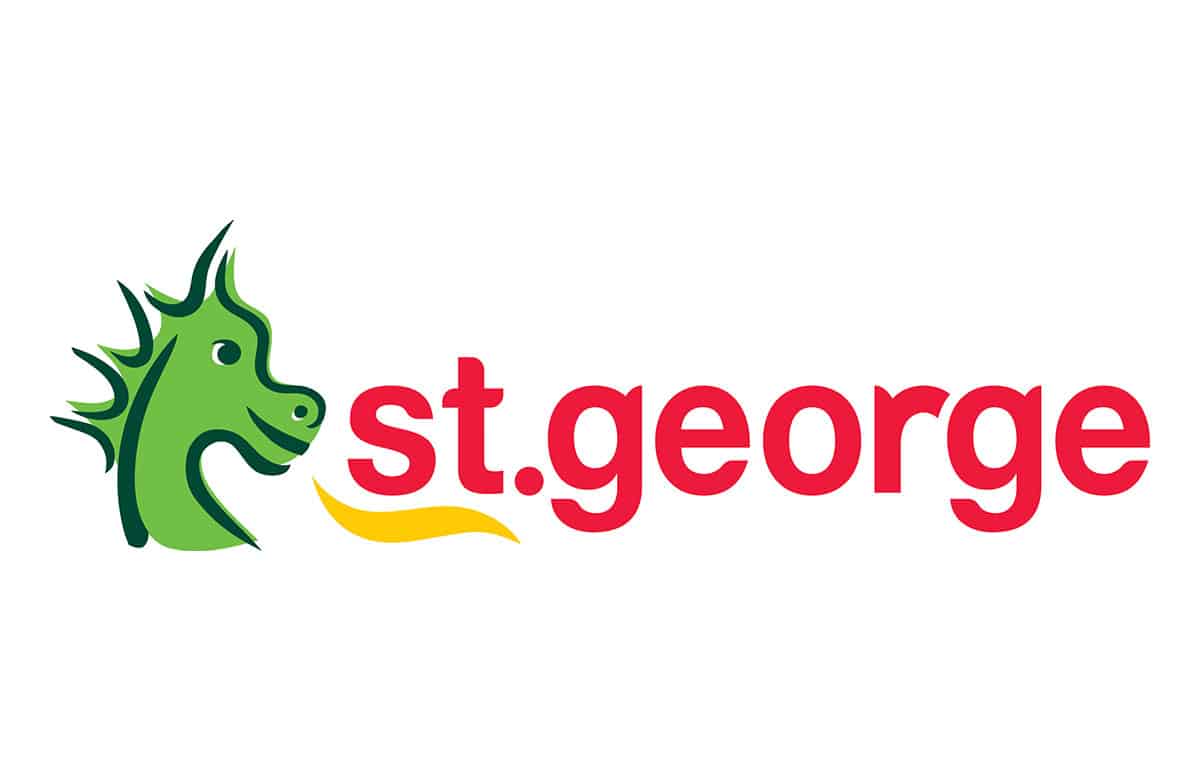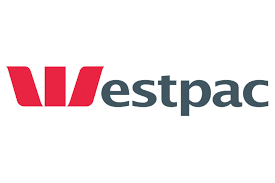Home > Bank Accounts > Find Bank Accounts in My Name in Australia
Author
Savvy Editorial TeamFact checked
Finding the best bank account can save you hundreds on fees and connect you with the very latest in smart banking technology. Compare bank accounts from a wide variety of providers with Savvy to find the very best offers available on the market right now.

|
|||||||||||||||||||
|---|---|---|---|---|---|---|---|---|---|---|---|---|---|---|---|---|---|---|---|
|
|||||||||||||||||||
Use invite code SAVVY10 for $10 upon successful sign-up. (Refer to offer T&Cs on Up website)More details |
|||||||||||||||||||
 ING Orange Everyday
ING Orange Everyday |
|||||||||||||||||||
|---|---|---|---|---|---|---|---|---|---|---|---|---|---|---|---|---|---|---|---|
|
|||||||||||||||||||
Rebates on ATM fees anywhere in Oz. No ING international transaction fees. Zero monthly fees.More details |
|||||||||||||||||||

|
|||||||||||||||||||
|---|---|---|---|---|---|---|---|---|---|---|---|---|---|---|---|---|---|---|---|
|
|||||||||||||||||||
No monthly account fees ever, with no conditions. Free use at over 7,000 ATMs around Australia. No overdrawn fees if you happen to go over your account balance. Open an account in less than 7 minutes.More details |
|||||||||||||||||||

|
|||||||||||||||||||
|---|---|---|---|---|---|---|---|---|---|---|---|---|---|---|---|---|---|---|---|
|
|||||||||||||||||||
Get $40 with a new Complete Freedom everyday bank account.More details |
|||||||||||||||||||
 Westpac Choice
Westpac Choice |
|||||||||||||||||||
|---|---|---|---|---|---|---|---|---|---|---|---|---|---|---|---|---|---|---|---|
|
|||||||||||||||||||
Westpac Choice for easy day-to-day bankingMore details |
|||||||||||||||||||
Disclaimer: Savvy is not advising or recommending any particular product to you. We provide general information on products for the purposes of comparison, but your personal situation or goals are not considered here. Although we try to make our comparisons as thorough as possible, we do not have information on all products on the market on our site.
You should always consult a given offer's PDS or further documentation in the process of deciding on which loan to choose, as well as seeking independent, professional advice. If you decide to apply with one of the lenders listed above via our website, you will not be dealing with Savvy; any applications or enquiries will be conducted directly with the lender offering that product.
Leaving money to gain interest in a savings account and not touching it is a great way to grow your wealth – as long as you don’t forget about it completely! You may be surprised to learn there are millions of dollars in lost bank accounts in Australia, so forgetting that a bank account exists or losing track of it is more common than you might expect. Find out how to track down bank accounts with Savvy, as we point you in the right direction to find any lost money belonging to you.
Finding a lost bank account involves searching various state and federal government databases of lost money and claiming that money as the rightful owner. This may sound complicated, but it isn’t. Luckily, the Australian government makes it easy to find bank accounts in your name which may have become lost. Read through the following steps to reclaim all your lost accounts:
Start by searching the Australian Securities and Investment Commission (ASIC) database for lost bank accounts. Just enter your name, the name of a deceased relative or any company or trust to find if there are any records of lost money held in your name. Try different spellings and variations of your name, such as both with and without your middle name, to see if there are any database results.
It’s also worth contacting the public trustee not only in the state in which you opened the bank account, but also the state in which your financial institution is registered. Contact your financial institution to find out which state they are registered in and search for the public trustee’s office in the relevant state. State government trustees hold money from deceased estates, share dividends, salaries and wages, proceeds of the sale of goods and much more unclaimed money.
If there’s a match to your name on either the state or federal government’s database, carefully record the original transaction number (OTN). This is a unique number allocated to the lost bank account and it’ll help your bank and ASIC track down your lost funds.
Ultimately, though, it’s the bank or financial institution which assesses whether you are the rightful owner of the lost funds. Contact the institution and ask for the ‘unclaimed money officer’. You may be asked to provide proof of your identity or that you’re the rightful owner of your relative’s unclaimed bank account.
If the bank is satisfied that you are the rightful owner of the funds, they’ll contact ASIC and request the funds be released to you. Allow at least 28 days from the time ASIC receives the transfer request for the money to arrive in your nominated bank account. Now that you’ve been reunited with your lost funds, make sure you deposit them somewhere you won’t lose them again!
Unclaimed bank account money is administered by ASIC, the Australian Securities and Investment Commission. The money is held in the government’s Consolidated Revenue Fund, but it can be claimed at any time by its rightful owner. It’s not only lost bank accounts that ASIC looks after, though, with a whole host of other types of money held until their rightful owner is found.
Bank accounts are deemed to be lost or inactive if there has been no account activity for a continuous period of seven years. Inactive bank accounts in Australia weren’t always deemed to be lost after seven years, though. Between 2013 and 2015, the inactive period was changed by legislation so an account only had to be inactive for three years before it was deemed to be lost. However, after a strong community backlash, the rules were changed back to seven years from 2016 onwards.
The search database held by ASIC is free to use and there’s no cost involved in finding lost bank accounts in your name. Beware of any unsolicited texts or emails asking for money to search for bank accounts in your name. These texts and emails are often sent by scammers trying to entice people to click on unsafe links to gain access to their financial information. If you’re looking to compare offers for new accounts, you can do so right here with Savvy.
If a person dies intestate (without a will), the bank accounts belonging to them will be frozen by the bank until the legitimate beneficiary is found. If you wish to claim your relative’s money, you may have to go to the Supreme Court in your state for what’s known as a ‘grant of letters of administration’. This means you have the legal right to act as executor for the deceased person’s estate and to distribute their funds in accordance with the rules of intestacy which apply in your state.
Unclaimed money not only comes from bank accounts but also lost superannuation, shares, dividends and life insurance. To find any lost super in your name, go to your myGov account and link it to the Australian Taxation Office (ATO). Once you have a link to the ATO, click on ‘super’ to find all super accounts in your name. From there, you can consolidate your super into one account by rolling it over into your chosen fund.
Sometimes family members inform banks and building societies of the death of a relative, but other times funeral directors take on this task as a service to the deceased’s grieving family. It can be very stressful having to deal with numerous institutions when you’re still dealing with the death of a loved one.
There’s a free government service in Australia that will inform many financial institutions, organisations and government statutory bodies of the death of your loved one on your behalf, saving you hours of paperwork and stressful filling out of forms. The Australian Death Notification Service will let a wide variety of organisations know the news on your behalf, but you still have complete control over who will be notified of the death.
Although they won’t be as high as those of savings accounts, interest on bank accounts can reward your saving with an extra injection of funds.
These will be met with certain conditions, such as only coming with online bank accounts and not allowing for interest to be accrued, but paying little or nothing in fees can make a real difference.
These days, most financial institutions will offer apps or online banking features to their customers, but you should always double check to ensure you’re not missing out.
You might want to go for a bank account which not only holds enough physical locations for you to access but also allows you do utilise them freely.
This will come in handy particularly if you’re commonly travelling overseas, as some institutions will charge you exorbitant fees if you’re completing transactions abroad.
If you’re not sure about maintaining a monthly deposit flow with your bank account, look for one which has a lower minimum requirement.
These two cards serve different purposes. Debit cards are easy to obtain and help you limit your spending to within your financial means by drawing directly from your bank account. Credit cards, on the other hand, are essentially a short-term loan service that allows you to make purchases with your card provider’s funds and pay them back, potentially at a high interest rate. Ultimately, it’ll depend on the context of the purchase and your financial capacity.
Yes – this is called a cheque or checking account and can be included as part of your bank account package with some institutions.
No overdraft facilities are able to be attached to your bank account, which allows account holders to apply to access funds up to a pre-determined limit (usually $2,000). From here, the process for approval is very similar to that of a credit card or other loans and if you’re approved, you’ll be able to access your desired funds without any overdrawn fees. In this way, you’re not withdrawing more than you have; you’re making use of approved loan funds. Your bank may allow you to overdraw without going through this process, however, provided the overdrawn amount is small ($200 or less) and your account is brought back to a positive balance within 24 hours.
Yes – a term deposit is a single lump sum of money that you store in an account to accrue interest over a set period of months or years. You won’t be able to touch this money during your term without incurring a fee, and potentially without providing a month’s notice prior to doing so.
If it fits your requirements, yes – but you shouldn’t wholly base your decision around introductory offers. These rates are likely to revert to much lower or non-existent interest after the initial period ends, so you must enter the decision process with eyes to the future.
Absolutely – the process for doing so is more or less the same as in person, so check out your financial institution’s website to see how you can apply online today.
Yes – there are plenty of safe ways to store funds for your child and make them accessible for them to spend in responsible ways. Kids’ bank account providers will usually afford parents access and control over their son or daughter’s debit card usage in the form of spending restrictions or the ability to lock their card at will. They will also likely have access to bank statements to review how their child’s money is being spent
Quantum Savvy Pty Ltd (ABN 78 660 493 194) trades as Savvy and operates as an Authorised Credit Representative 541339 of Australian Credit Licence 414426 (AFAS Group Pty Ltd, ABN 12 134 138 686). We are one of Australia’s leading financial comparison sites and have been helping Australians make savvy decisions when it comes to their money for over a decade.
We’re partnered with lenders, insurers and other financial institutions who compensate us for business initiated through our website. We earn a commission each time a customer chooses or buys a product advertised on our site, which you can find out more about here, as well as in our credit guide for asset finance. It’s also crucial to read the terms and conditions, Product Disclosure Statement (PDS) or credit guide of our partners before signing up for your chosen product. However, the compensation we receive doesn’t impact the content written and published on our website, as our writing team exercises full editorial independence.
For more information about us and how we conduct our business, you can read our privacy policy and terms of use.
© Copyright 2024 Quantum Savvy Pty Ltd T/as Savvy. All Rights Reserved.
Our consultant will get in touch with you shortly to discuss your finance options.
